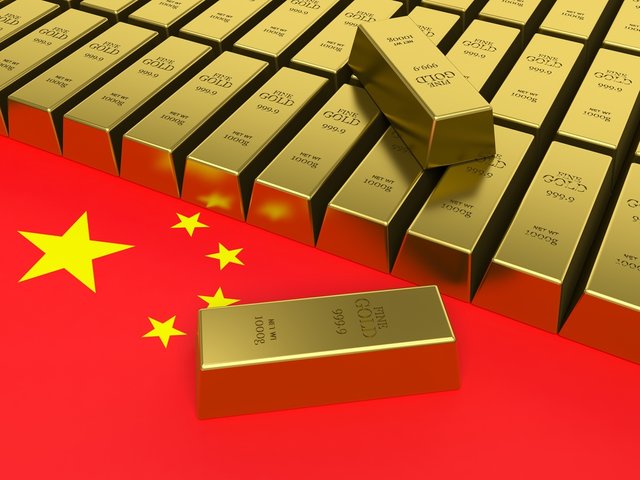Gold Demand in China Is Rising Due To Investment Trading Opportunities

The gold industry is constantly undergoing changes these days. China has been importing more gold than ever before, thanks to new banking deals to lease bullion. In doing so, the government will attempt to mask the decrease of household gold demand from the official trade data. All of this is good news for gold bugs, though, as this may have an impact on the gold price per ounce.
Gold Is Used For A Different Purpose in China
There are multiple reasons as to why China is importing more gold all of a sudden. The new gold-leasing deals offered by the government are cheaper regarding finance costs compared to the PBOC interest rate. Furthermore, gold is more commonly used in China than before, as it is used to raise short-term liquidity.
It is safe to say China’s gold market has evolved a lot over the past few years. With more sophistication and a lesser focus on physical demand and supply, China has been fooling a lot of gold experts. Granted, household demand for bullion is way down compared to previous years, but that has does not have any adverse effects to speak of right now.
The majority of China’s gold demand comes from the same sectors as always” jewelry and retail investment demand. However, those aren't the only driving forces, even though many experts prefer to believe that is not the case. Investment trading and derivatives trading are becoming the new norm in China, a trend that originated back in 2014.
Putting this into perspective, roughly one in five bullion trades are taking place in the form of physical gold. That leaves nearly eighty percent of all deals to derivatives-oriented. Granted, these margins may not be entirely accurate right now, as they represent an “ideal ratio”. Then again, the success of gold as the new go-to solution for hedging and raising funds cannot be denied either.
China is known for boosting gold bullion imports when the going gets tough. The country went through a similar cycle in 2013 and 2014. Using gold as collateral for other financial purposes is gaining popularity, and it is not unlikely other countries in the world will follow China’s lead in the foreseeable future.